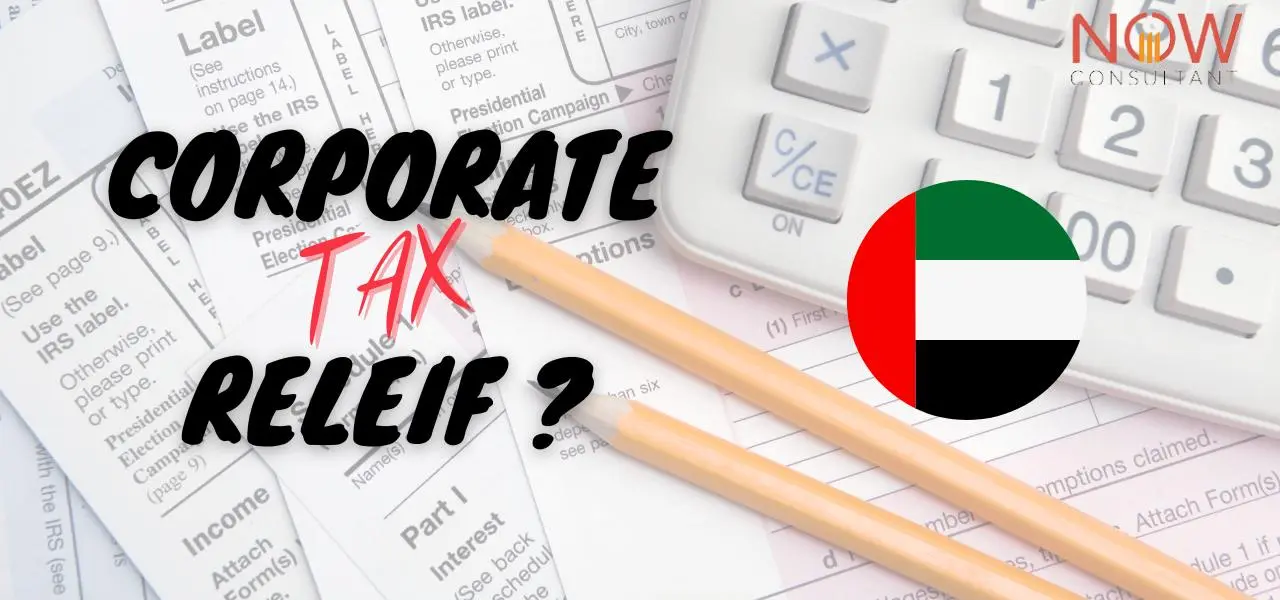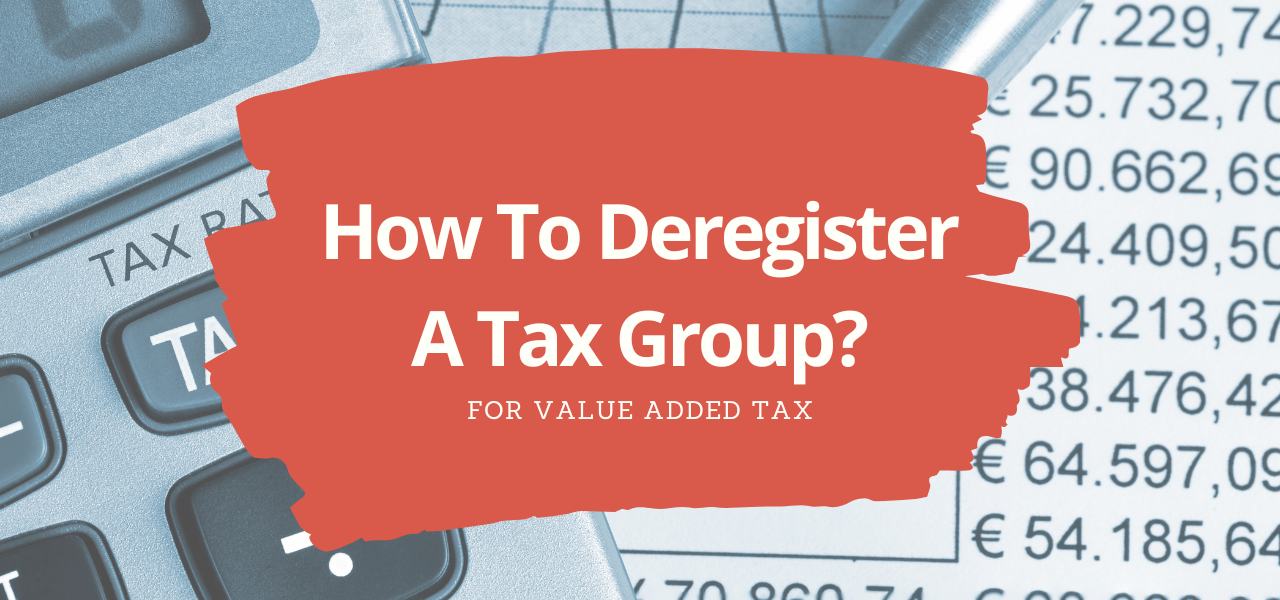In January 2022, the United Arab Emirates government announced that it would implement a new corporate tax. Before this, taxes were not implemented on corporate incomes, excluding foreign banks and oil and gas firms. But from June 1st, 2023, plenty of other companies running in the country will have to pay 9% corporate tax.
However, the Dubai Free Zone corporate tax will have its own regulations. Today’s guide will uncover all the important details so that any business operating in free zones understands the impact on their organization.
Why Was Corporate Income Tax Introduced in the UAE?
First of all, it’s important to discuss why the UAE felt the need to implement this tax in the first place. This tax serves different purposes, as you will see below:
1. Boost the Country’s Strategic Aims and Development
The implementation of corporate tax will accelerate the UAE’s tactical goals and economic development. The income sourced from corporate taxes will be employed to build public services and crucial infrastructure projects. This will be beneficial to UAE residents and companies.
2. Improve UAE’s Reputation and Status
The tax on corporate income improves the UAE’s status as a powerful investment and commercial hub. By adopting taxation laws like the ones found in other progressive nations, the country will be able to provide more stability and honesty to investors. This is how the UAE will become an even more tempting nation to run a business.
3. Abolish Dangerous Tax Practices.
A major perk of corporate taxation is the abolishment of harmful tax practices. Previously, some Emirati companies might have utilized tax loopholes or other tactics so that they didn’t have to pay their fair share of taxes. However, the implementation of taxes will level the playing field and guarantee that all firms are equally contributing to the economy.
4. Adhere to the Global Tax Standards
The introduction of corporate taxation is also in line with global standards of tax transparency. The UAE has agreed to collaborate with other nations to enhance international tax practices. In other words, the country is showcasing its commitment to becoming a compliant and conscious member of the foreign community.
5. Minimize the UAE’s Dependence On Oil Profits.
Lastly, corporate taxation is meant to lower the country’s reliance on oil revenue. As the UAE strives to diversify the economy and form new income sources, taxes will lead to a more sustainable revenue stream that is not so reliant on unstable oil revenue. Minimal reliance will result in a resilient and strong economy that can tolerate economic hurdles in the future.
See Also: How To Calculate Corporate Tax In Dubai
Three Business Jurisdictions and Their Corporate Tax:
The corporate tax in Dubai free zone (Important Factors) has jurisdictions. The three business jurisdictions in the UAE are offshore, free zone, and mainland. The first one doesn’t fall under the VAT category and tax as they only run foreign firms. Mainland companies that fulfill the threshold are forced to pay a 9% corporate tax on the profits generated in the UAE. However, all mainland companies have to maintain their audit reports and books of accounts. Lastly, they must register for corporate tax.
Free zone companies enjoy some exemptions with regard to Qualifying Free Zone Persons. Firms that generate qualifying income and meet the specific conditions are excluded from corporate tax. However, they are required to maintain the books of accounts with receipts, transactions, invoice copies, and more. If not, the companies will have to face severe fines for not maintaining their tax status. This is Dubai’s free zone corporate tax.
Why Are Free Zone Companies Exempted From Corporate Tax?
The UAE is quite tempting for businesses and foreign firms due to its free zones. When it comes to corporate tax, the revenue generated by any free zone company falls under non-qualifying or qualifying income.
The latter is taxed at 0%, while non-qualifying income is taxed at 9%. This is how the two free zone companies have to maintain their books of accounts. Plus, company owners need to understand the cash flow and income sources from all streams of business activities. The free zone companies that fall under the qualifying free zone person are supposed to do the following:
- Sale of goods by entities situated in Designated Zones to the country’s mainland companies.
- Have a solid setup with prominent business operations in the country, employees, and office space.
- Specific, maintained financial services directed at international markets.
- Earn a qualifying income.
- Trade with firms situated in any free zone.
- A transaction with companies situated outside the country.
These are corporate taxes in the Dubai free zone (Important Factors). Free zone firms with a mainland branch are taxed at 9% on mainland-generated income. There is a particular source of income that can be taxed at 0%, which is known as passive income. For instance, royalties, capital invested in the mainland firm, intellectual real estate rights, and more.
Moreover, the free zone companies that generate any other mainland-sourced revenue, aside from the non-qualifying and qualifying incomes, won’t enjoy a zero-tax status. There are gated Designated Free Zones that have their own access to airports ports, and customs checkpoints.
Businesses running in such zones have no VAT payable for transactions within the country. The reason is that the corporate tax is zero as long as these firms fulfill the conditions according to Federal Tax laws. Therefore, business owners must guarantee accurate and detailed accounts of proportionate expenses and income. Keep in mind that the 9% corporate tax in free zones is only for non-qualifying income.
Corporate tax and VAT must be individually registered with the Federal Tax Authority. Both of them are federal taxes but have contrasts in scope. All businesses have to register for corporate tax, even if they are not VAT-registered.
Generally, company owners must comprehend taxation scope and its implications for their business operations. Likewise, free zone businesses need to fully understand the disqualifying incomes they generate, which will make them pay corporate tax.









